Sustainable Seafood
As part of Aquarium of the Bay’s mission to make our world a more sustainable place to live, the Sustainable Seafood Alliance aims to tackle issues that arise from eating from the sea. While eating fish is healthy and can be done sustainably, the practices used to bring fish to the table are often harmful to our ocean’s ecology. Aquarium of the Bay’s Sustainable Seafood Alliance works with local San Francisco Bay restaurants to encourage responsible seafood sourcing and sustainable fishing practices while also making it easier for consumers to make ethical decisions when it comes to their food.
Click below to learn more about the Sustainable Seafood Alliance!
![]()
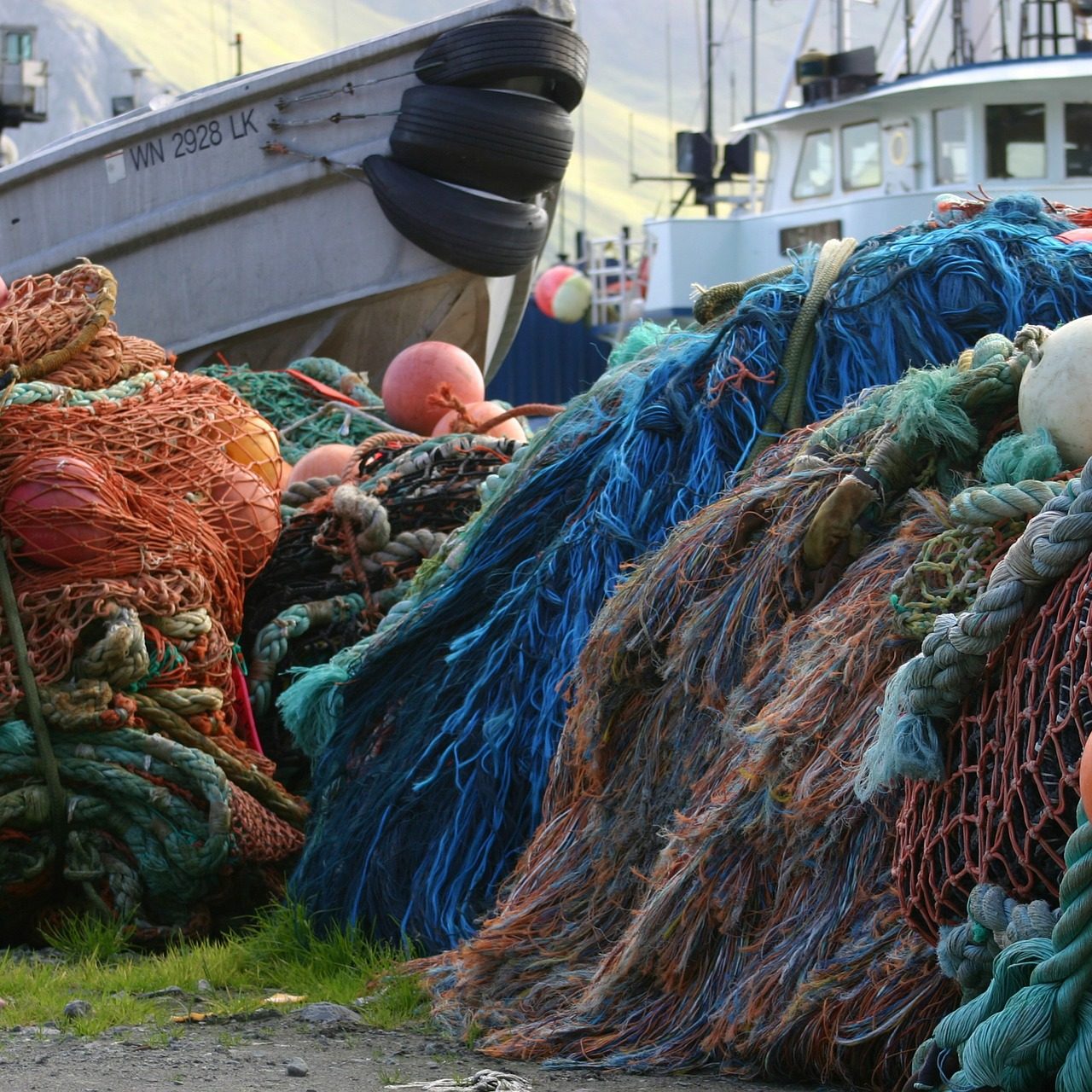
Overview
What is sustainable seafood?
Sustainable seafood is fish, shellfish, and other marine life caught for human consumption under fishery management systems that emphasize fish stock conservation and aquatic habitat preservation. This approach to consumption supports the current social, economic, and environmental needs of society without compromising the needs of future generations.
The three pillars of sustainable fishing are ethical harvesting, effective management, and environmental conservation.
Harvesting fish without depleting stock and population
The most effective way to prevent fish stock and population decrease of wild caught seafood is by supporting local marine fisheries in the United States. Fisheries are strictly regulated under U.S. law in order to support fishing communities, combat overfishing, reduce bycatch, and conserve habitats. Fisheries also provide jobs, support the rehabilitation of protected species and habitats, and sustain coastal heritage.
When purchasing seafood, look for products with U.S. labels, buy from trustworthy sellers, and avoid smelly fish.
Efficient and updated management, regulations, and enforcement
Fisheries within the United States are regulated by regional management councils that use the most accurate and up to date scientific data to inform fishery management practices. By law, all U.S. seafood, caught or farmed, must adhere to strict fishery management guidelines that promote socio-economic success, prevent population decline, minimize bycatch, and protect marine ecosystems.
Limited impact on surrounding ecosystems and the environment
Nearly 10% of plastic pollution in the ocean comes from lost or abandoned fishing gear. Consider the fishing method when consuming seafood, and whether the fisheries you’re purchasing from agree to the regulations set by the UN Fish Stocks Agreement and Regional Fisheries Management Organizations. By agreeing to the UN Fish Stocks Agreement, fisheries are legally required to follow gear labeling requirements, lost gear reporting, and waste disposal regulations.
While farmed fish combats stock depletion, farmed seafood can still be detrimental to the environment if handled improperly. Seek out farms that use recirculating aquaculture systems, circular feeding methods, and farm fish native to their environment.
![]()
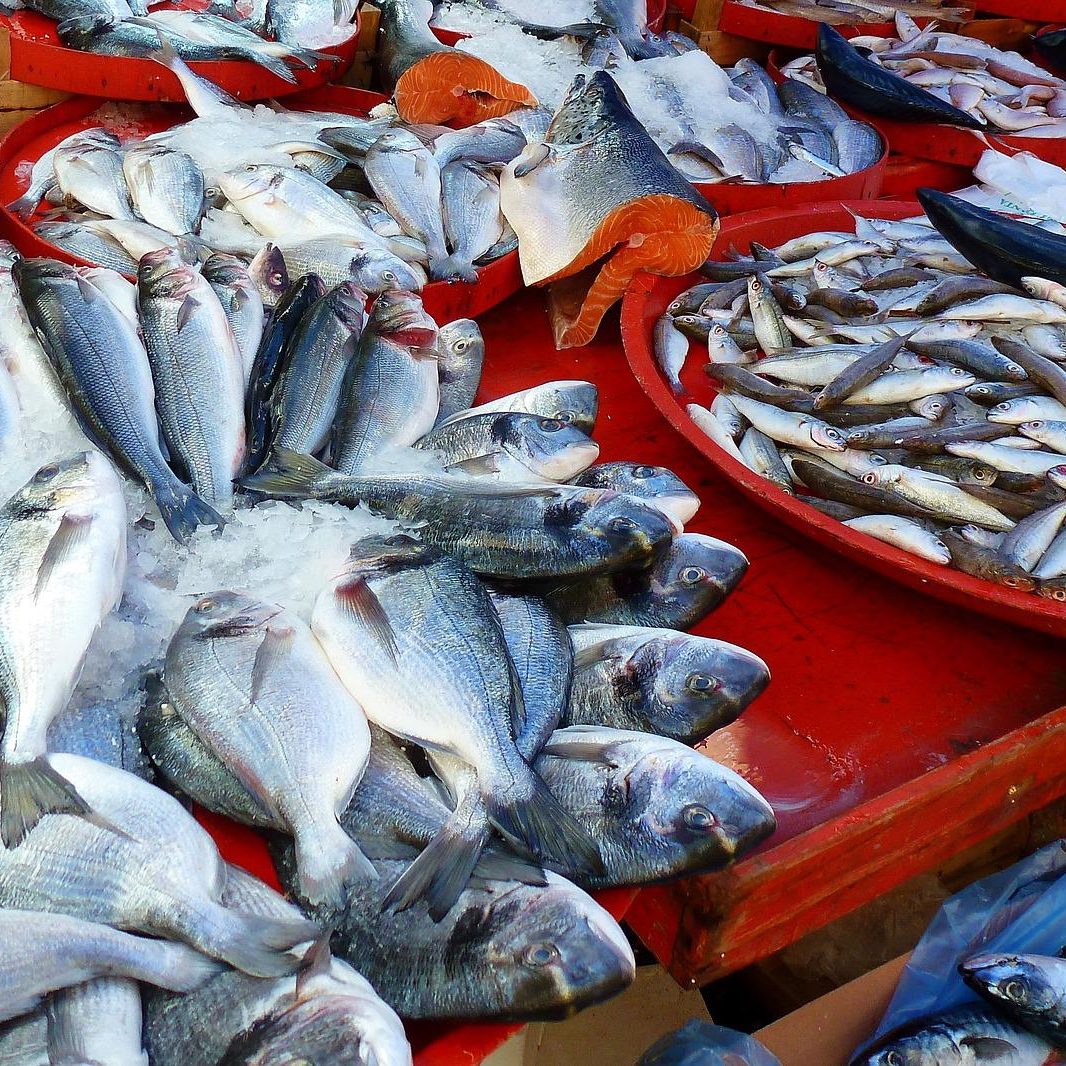
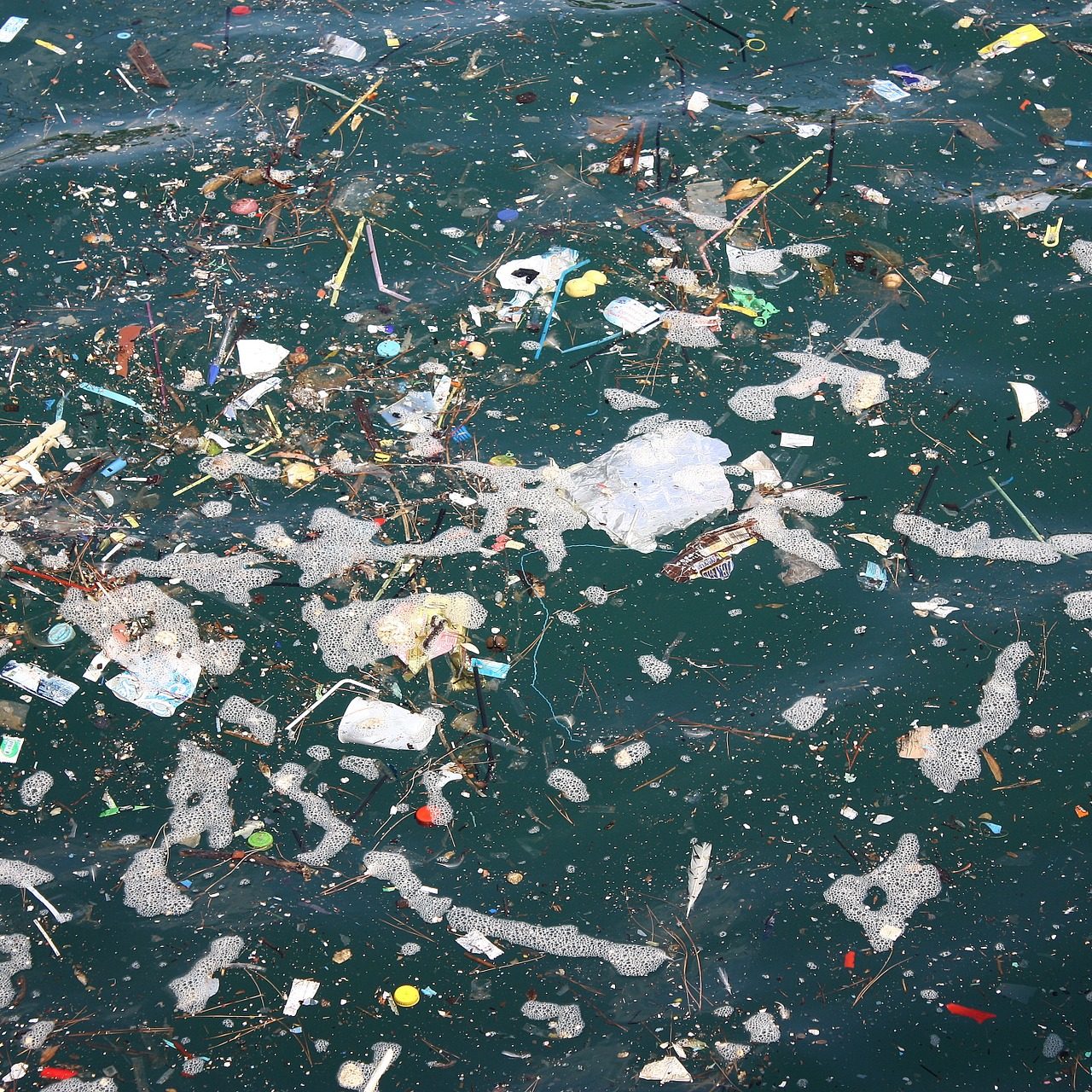
San Francisco Bay Area Sustainable Seafood Alliance 28 restaurant partners:
These local Seafood Alliance partner restaurants have taken a pledge to follow Sustainable Seafood recommendations, avoid red-listed seafood items, and complete an annual seafood assessment. Interested in becoming a partner? Access the interest form here.
San Francisco
North Bay Area
South Bay
Southern California
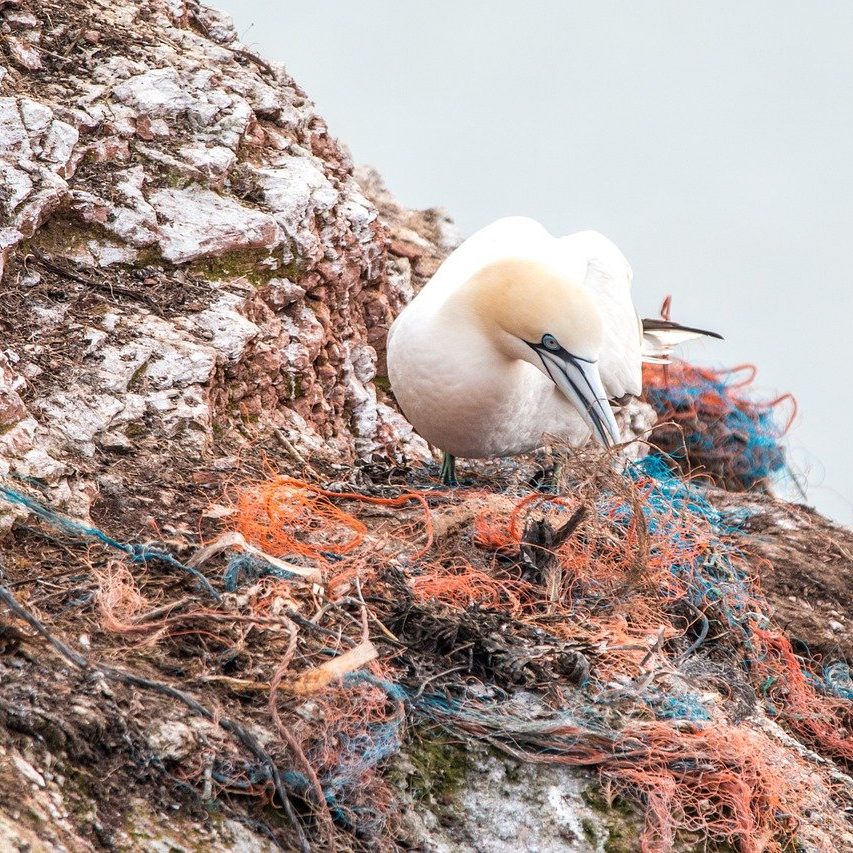
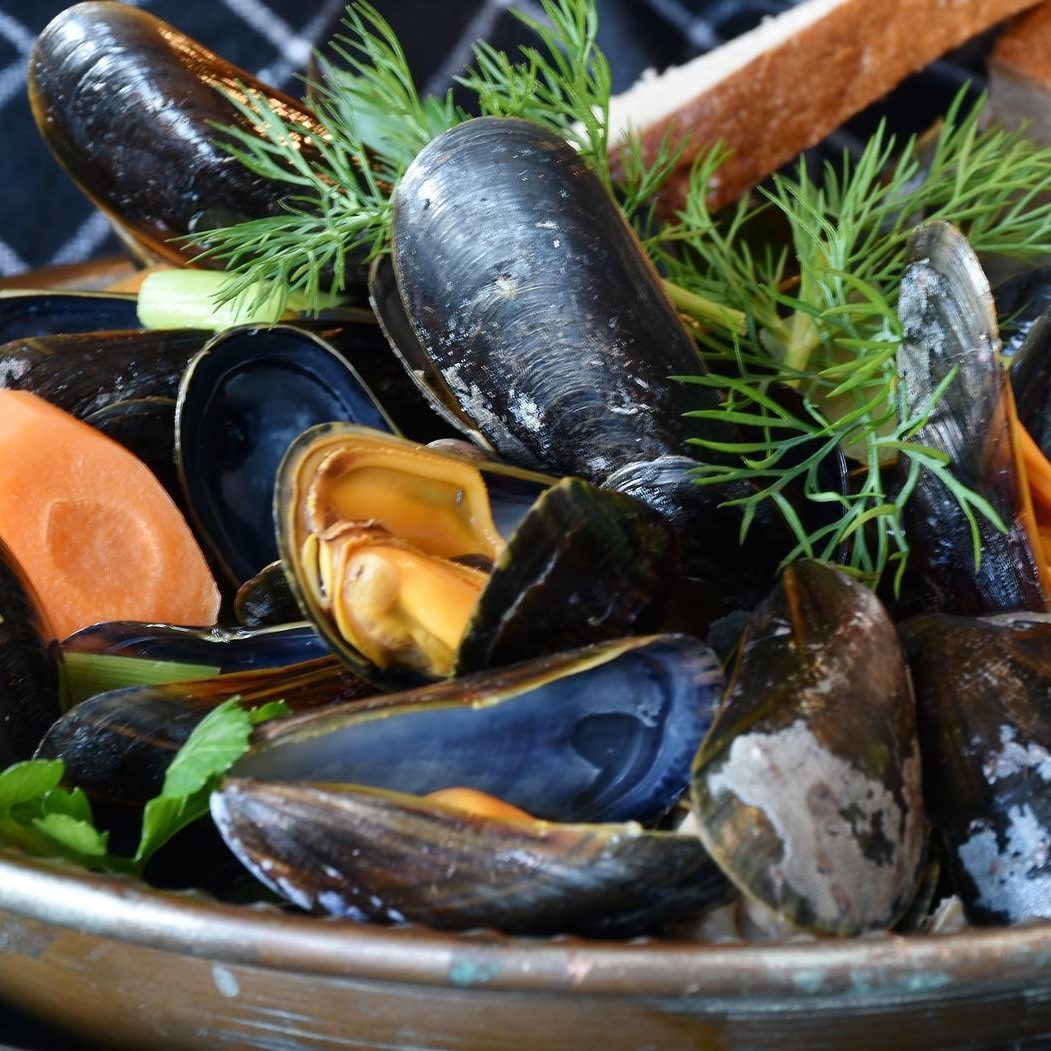
Eat Local
Locally sourced seafood is the most environmentally responsible choice. Consuming fish sourced from your community requires less food miles and creates a lower carbon footprint while boosting the local economy. U.S. fishery regulations are some of the strictest and ensure that you’re receiving a fresher product that also sustains coastal heritage and emphasizes local identity.
Eat Seasonal
Seasonal seafood consumption is eating fish when they’re most abundant in nature. Eating seasonally prevents overfishing as fish harvested during the spawning season can diminish stock.
Fish harvested “out of season” are likely traveling farther to reach you, increasing food miles and the true cost of your meal. They can also lose some of their flavor, much like eating out-of-season fruit. These products are often frozen and thawed many times over, resulting in bland flavor and texture.
![]()
Bycatch
What is bycatch?
Bycatch is the term for mistakenly collected animals that are either illegal to sell, or are undesirable to consumers. Bycatch may include sea turtles, whales, dolphins, sharks, and seabirds. It often slows the rehabilitation of fish stocks and puts both non-target and endangered species at risk. Bycatch effects the availability of prey, habitat damage and population decline.
Avoiding bycatch can be challenging, as trawling nets that disrupt bottom dwelling marine life are one of the most common methods of fishing. However, many fisheries are looking towards innovative solutions to reducing bycatch, such as creating nets with escape hatches for non-target species, and acoustic or physical deterrents. Fisheries with a surplus of bycatch may be forced to shutdown earlier in the season to encourage and promote alternative fishing methods that reduce bycatch.
![]()
The Bottom Line
When done sustainably, consuming seafood is healthier and safer than land animals for both the consumer and our planet. Making smart seafood choices can seem intimidating, but Aquarium of the Bay is here to support you by providing educational tools and resources that promote sustainability.
Fishing method, country of origin, and farming practices all contribute to a fish’s sustainability. Below is a list of recommendations for sourcing seafood caught under the best fishery management practices.
Best Practices
Best
- U.S. grown or caught
- Minimize or utilize bycatch
- Circular feeds: black soldier flies, seaweed, algae, food waste, surplus fish
- Seasonally sourced
- Recirculating aquaculture system
Worst
- Trawling nets
- Overfished populations
- Fish fed using fishmeal, fish oil and soybeans
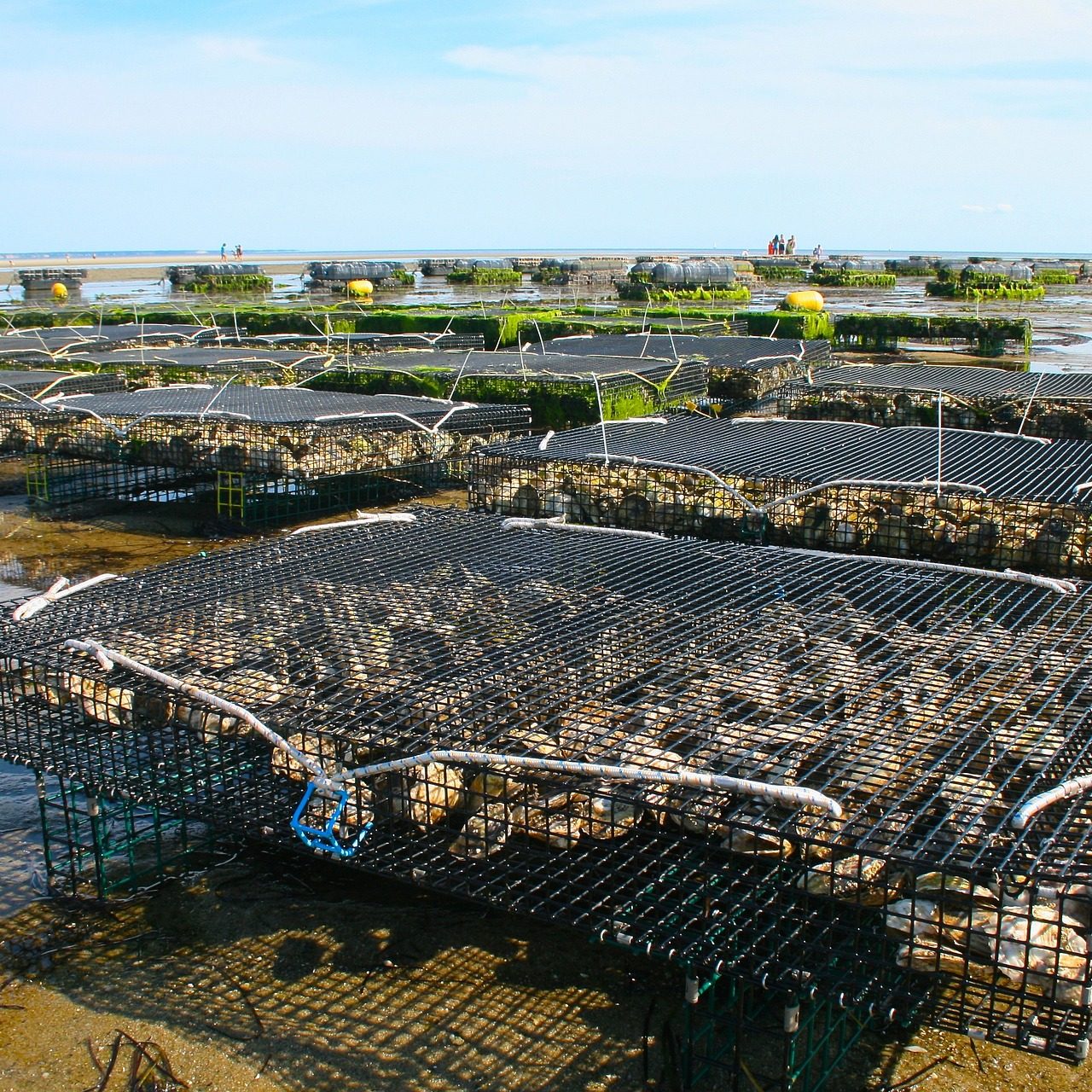
![]()
Join the Sustainable Seafood Alliance!
If your organization is interested in joining the Sustainable Seafood Alliance, please fill out this form.
Buying seafood to cook for yourself or for your business?
Consider some of our seafood recommendations!
Enjoy
- Hard Clams (farmed)
- Lionfish (wild)
- Eastern Oysters (farmed)
- Blue Mussels (farmed)
- Rainbow Trout
- Tilapia
- Pacific Cod
- Seaweed
Avoid
- North Atlantic Shrimp (wild)
- Octopus (all)
- Sharks (all)
- Bluefin Tuna (all)
- Atlantic Salmon (farmed in marine net pens)
Thank you to our partners!
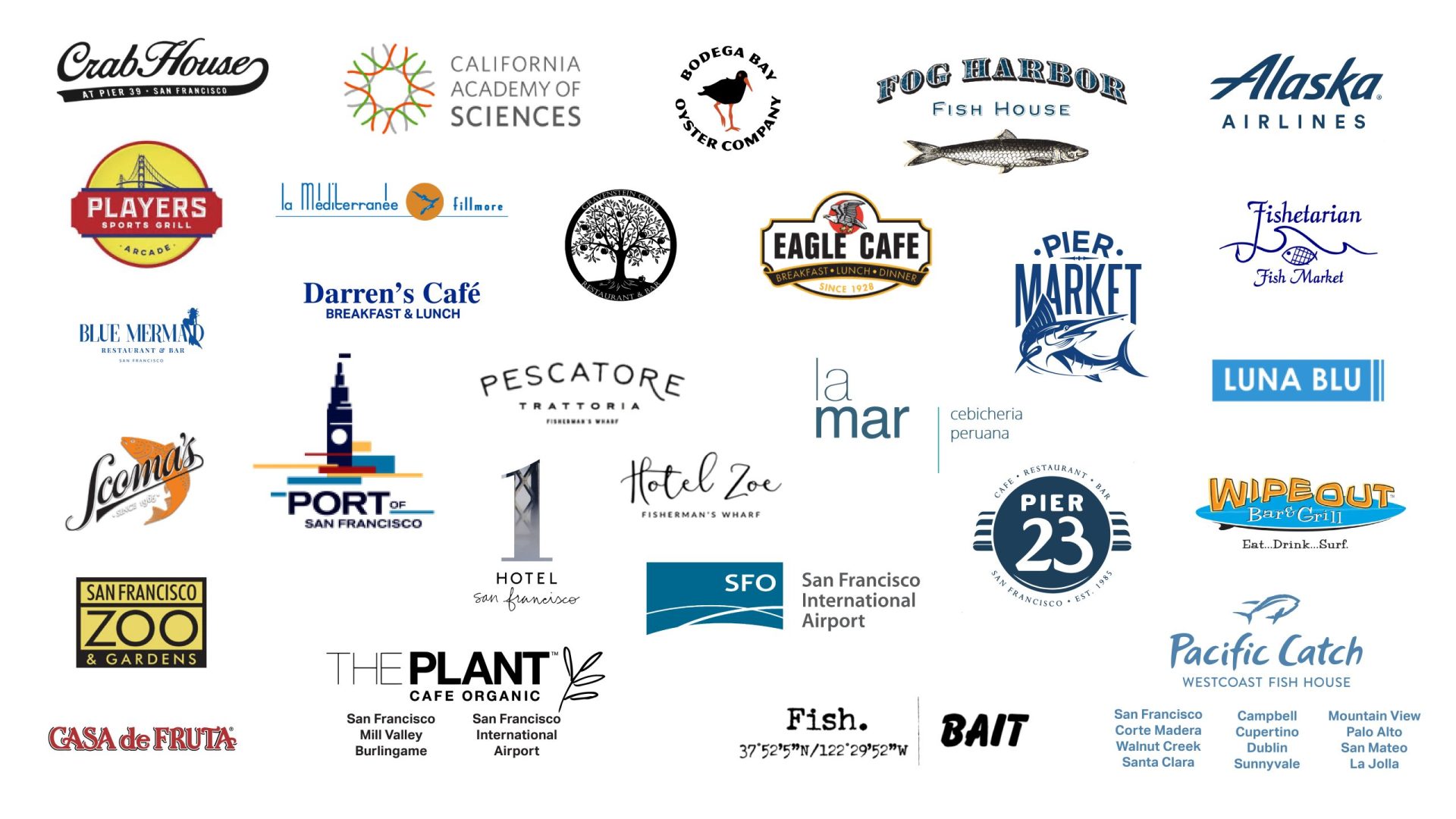




Here are some great resources:
![]()
